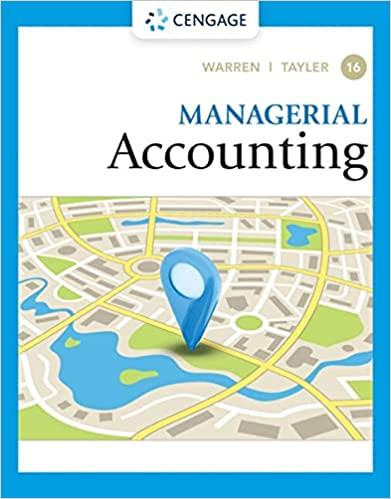Question
lawsuit can be filed against auditors under the Securities Act of 1933, the Securities Exchange Act of 1934, and common law. Indicate which of these
lawsuit can be filed against auditors under the Securities Act of 1933, the Securities Exchange Act of 1934, and common law. Indicate which of these three would be the most likely source of liability for each of the following cases. Assume that each third-party plaintiff can prove that their losses were caused by reliance on misleading financial statements audited by the CPA. 1. A CPAs client is filing for damages it incurred as a result of the CPAs poor tax advice. 2. A shareholder of a publicly traded company who purchased the stock from another investor is filing suit for losses sustained on the stock. 3. A CPAs client is filing suit for negligence in performing an audit of the companys internal controls. 4. An investor who purchased a corporate bond from another investor on the New York Stock Exchange is filing suit to recover losses.
5. A bank that lent money to a company that is now insolvent is filing suit to recover its losses. 6. An investor is filing suit for losses sustained in the purchase of publicly-traded stock that was bought from the company in the initial offering. The audited financial statements included with the registration statement were found to be materially misstated. 7. A supplier who provided credit to the CPAs publicly-held client is filing suit for losses incurred when the client could not pay the account. 8. A shareholder of a privately held company who purchased stock from another investor is filing suit for losses sustained on the stock.
Step by Step Solution
There are 3 Steps involved in it
Step: 1

Get Instant Access to Expert-Tailored Solutions
See step-by-step solutions with expert insights and AI powered tools for academic success
Step: 2

Step: 3

Ace Your Homework with AI
Get the answers you need in no time with our AI-driven, step-by-step assistance
Get Started


